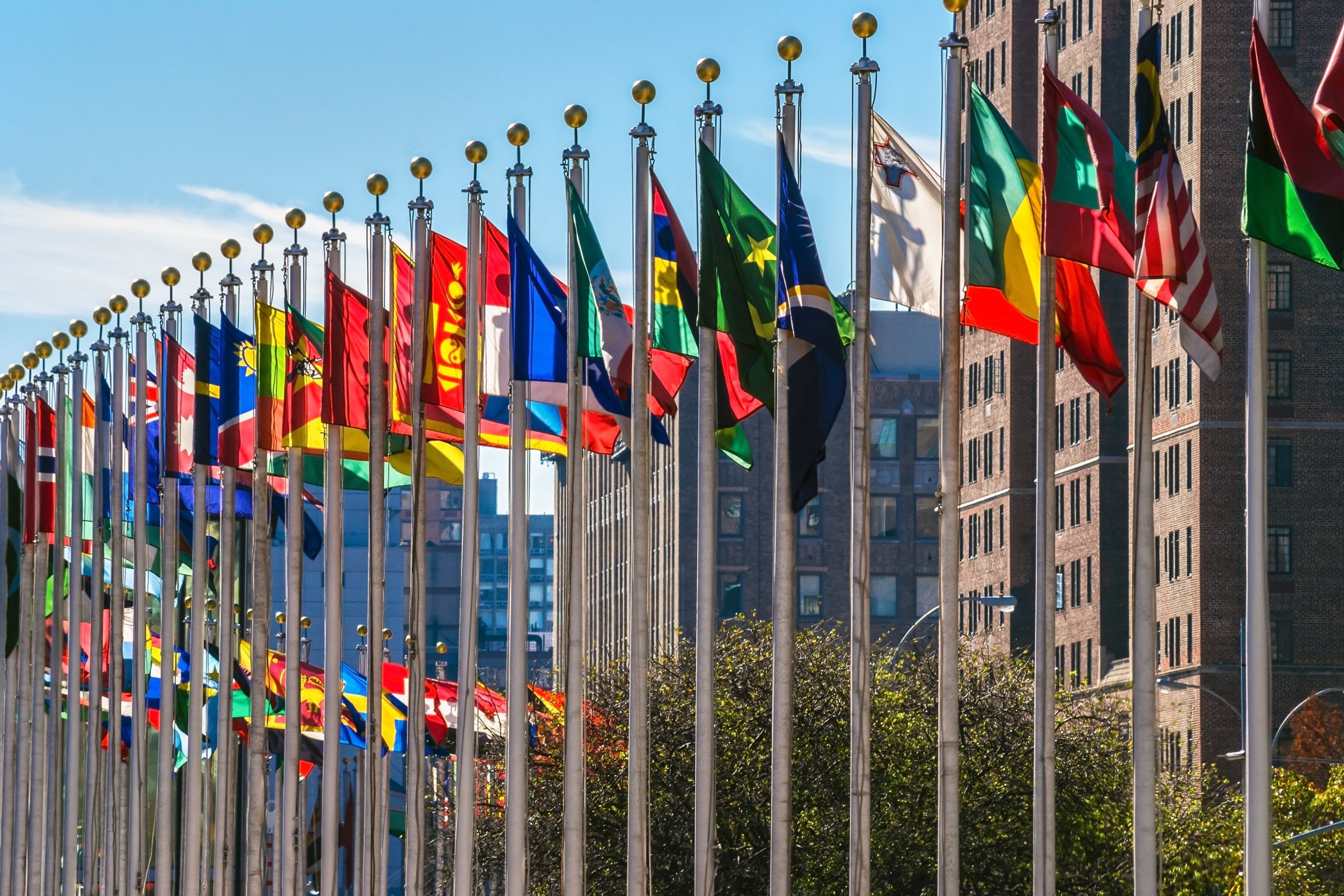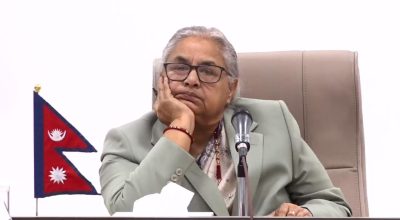
Today’s hugely connected and interdependent world demands the implementation of the true spirit of multilateralism. Unilateralism, hegemony or zero-sum game need to be detected and restrain by the global community. Still, the US establishment is trying to impose unilateralism and derail the path of multilateralism, which without doubt disturbs global peace, solidarity, and prosperity. Global experts opine that for a prosperous world, no powers create hurdles to multilateralism. It is a necessary and fundamental issue of the present time.
In an increasingly interconnected and globalized world, the significance and relevance of multilateralism cannot be overstated. Multilateralism, the practice of countries coming together to address common challenges and pursue common goals through international organizations and agreements, has played a pivotal role in shaping the course of history. This article explores the historical examples that underscore the enduring importance of multilateralism in addressing global issues and fostering cooperation among nations.
One of the most iconic examples of multilateralism’s significance is the establishment of the United Nations in 1945. Emerging from the ashes of World War II, the UN was created to promote peace, security, and cooperation among nations. Through its various agencies and bodies, such as the Security Council and the General Assembly, the UN has played a vital role in preventing conflicts, providing humanitarian aid, and promoting global development. Its efforts in maintaining international peace have made the world a safer place, highlighting the enduring relevance of multilateralism in today’s world.
The European Union serves as a prime example of multilateralism’s relevance in regional cooperation. Born out of the ashes of World War II, the EU has evolved into a powerful economic and political union of 27 European nations. By pooling their resources and decision-making authority, EU member states have achieved a level of economic integration and political stability unparalleled in modern history. This demonstrates how multilateralism can be a force for prosperity and peace, even within a regional context.
In the face of global environmental challenges, multilateralism has proved indispensable. The Paris Agreement, signed in 2015, stands as a testament to the world’s commitment to addressing climate change collectively. By bringing together nearly 200 nations, this agreement represents a concerted effort to reduce greenhouse gas emissions and limit global warming. Climate change is a quintessential global issue that cannot be effectively tackled by any single nation acting alone, reinforcing the need for multilateral cooperation.
The World Trade Organization (WTO) is another key example of multilateralism’s relevance. It facilitates negotiations and enforces trade agreements among its 164 member nations. These agreements have helped reduce trade barriers, stimulate economic growth, and raise living standards worldwide. In today’s globalized economy, where the movement of goods, services, and capital knows no borders, multilateral trade agreements remain essential for ensuring fair and open markets.
History is replete with examples that underscore the significance and relevance of multilateralism in today’s globalized world. From the establishment of the United Nations to the ongoing efforts to combat climate change and promote international trade, multilateralism continues to be a vital tool for addressing global challenges and fostering cooperation among nations. As the world faces an array of complex issues, the lessons of history remind us of the enduring importance of working together through multilateral mechanisms to build a more peaceful, prosperous, and sustainable future.
Multilateralism, the practice of nations coming together to address shared challenges and promote cooperation, has been a cornerstone of international relations in the modern world. It fosters collaboration and consensus-building on global issues. However, there have been instances where the United States, a major global player, has created hurdles in the spirit of multilateralism, undermining its effectiveness and global cooperation.
One notable example is the Iran Nuclear Deal, also known as the Joint Comprehensive Plan of Action (JCPOA). In 2015, under the Obama administration, the U.S. was a key participant in negotiating this landmark agreement, which aimed to curb Iran’s nuclear program in exchange for sanctions relief. However, in 2018, the Trump administration unilaterally withdrew from the JCPOA, creating significant challenges for the agreement’s continued success. This decision not only strained relations with European allies but also weakened the credibility of multilateral efforts to address nuclear proliferation.
Another instance of the U.S. creating hurdles in multilateralism can be seen in its approach to international trade. The Trump administration’s trade policies, such as imposing tariffs on steel and aluminum imports and initiating a trade war with China, disrupted the global trade system and led to retaliatory measures by trading partners. These actions went against the principles of free trade and cooperation that underpin multilateral institutions like the World Trade Organization (WTO), damaging the spirit of multilateralism.
Furthermore, the withdrawal of the United States from international agreements and organizations, such as the Paris Agreement on climate change and the United Nations Human Rights Council, has raised concerns about its commitment to multilateralism. These actions have hindered global efforts to address pressing issues like climate change and human rights abuses by creating a leadership void.
the United States, as a prominent global actor, should play a constructive role in fostering multilateralism rather than creating hurdles. While it is essential for nations to protect their interests, it is equally important to recognize that many global challenges require collective action and cooperation. Embracing multilateralism without impeding its progress is crucial for addressing complex global issues and maintaining peaceful international relations.
Multilateralism serves as a linchpin for stabilizing peace, promoting stability, and fostering cooperation in the world. It operates on the principle that global challenges are best addressed through collective action, where nations work together in a coordinated and collaborative manner. This approach is particularly crucial in preventing conflicts and maintaining peace, as it encourages diplomacy, dialogue, and the peaceful resolution of disputes over unilateral or aggressive actions.
By facilitating international agreements and organizations such as the United Nations, the regional pacts, multilateralism provides a platform for nations to engage in dialogue, negotiation, and conflict mediation. It enables countries to pool their resources and expertise to address common threats and challenges, whether they are related to security, humanitarian crises, climate change, or global health. Moreover, multilateral institutions and agreements establish norms, rules, and mechanisms that guide international behavior and promote stability. In a world marked by diverse interests and varying power dynamics, multilateralism serves as a stabilizing force that encourages nations to cooperate, build trust, and find common ground, ultimately contributing to a more peaceful and secure global order.
















